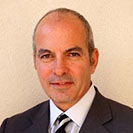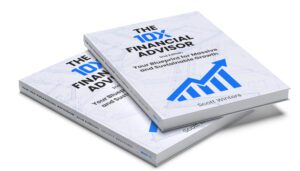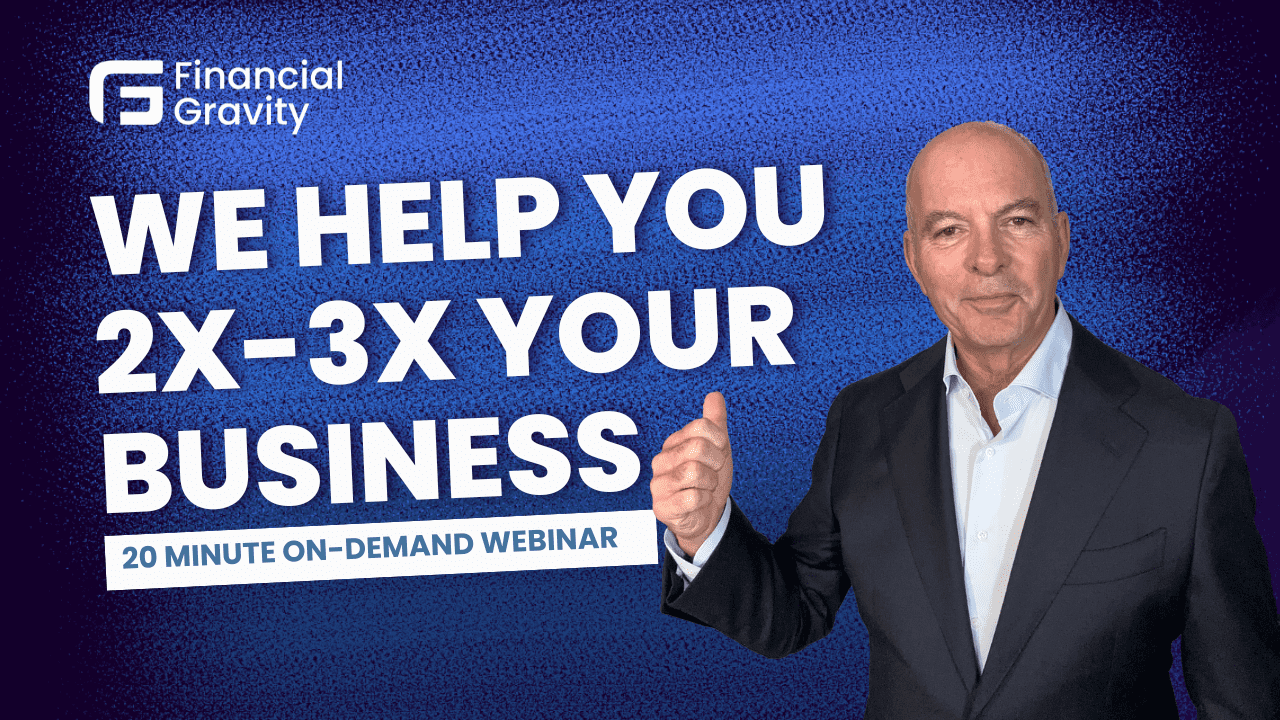In an era where investors are increasingly cost-conscious and robo-advisors tout ultra-low fees, wealth managers might feel pressured to downplay their pricing or, worse, offer deep discounts. Simple economics suggest active wealth managers should embrace a different philosophy: Shout your fees. Why? Because when you clearly communicate the value you bring, clients understand why your fees are more than justified.
The Value Proposition of Active Wealth Management
Active wealth management, as we’re using it here, goes far beyond passive portfolio allocation or basic financial advice. Skilled advisors offer a range of services that not only protect and grow wealth but also add substantial value over the long term. Here are some of the most compelling reasons why clients should feel confident about paying for professional advisory services.
Tailored, Comprehensive Financial Planning
Unlike automated solutions, active wealth managers develop bespoke or personalized financial plans that address a client’s unique circumstances, goals, and challenges. This kind of personal planning should include:
Tax optimization. Strategies to convert, offset, and even eliminate tax liabilities can have a far more profound impact on your client’s financial well-being than anything else an advisor could do. From the big work of minimizing capital gains on low-basis assets to the nitty gritty of tax-efficient portfolio management, proactive tax strategies can save clients significant money and boost net compounding.
Estate and legacy planning. Active advisors help families structure trusts and create robust legacy plans that focus on the very specific outcomes that are desired. This can include the incorporation of behavioral incentives for future generations and, for wealthier clients, avoid estate taxation.
Debt management and cash flow planning. Advisors should offer to evaluate clients’ debt structures, mortgage options, and income strategies to enhance financial health and, if additional professional help is needed, bring in a specialist. Clients don’t expect their advisor to know everything, but they have a reasonable expectation that their advisor should know when they need specialized help.
A Vanguard study in 2022 found that advisors providing holistic planning add an estimated 3% in net returns annually compared to self-directed investors. We could stop the entire “shout your fees” argument right here. An advisor who can add 3% per year is a financial hero.
Proactive Risk Management and Market Navigation
Market volatility and economic uncertainty are inherent in investing, but active wealth managers excel at mitigating these risks in several ways. Chief among these is precise risk exposures geared around a maximum downside floor. Unspecific phrases like “moderately aggressive” can lead to real heartache, but anyone can understand that a portfolio is designed with a maximum downside loss of, say, 35%. Everyone’s number will be different, but that’s another personalization feature, not a bug.
“Active” portfolio management does not imply high turnover or other tax-inefficient practices. Over time, as clients age and their financial situation changes, an active advisor should re-engage the client on the question of risk exposure, and remodel the portfolio as required. “Set it and forget it” is really terrible advice.
Either a runaway bull or bear market can radically shift risk exposure. What was once a 60% allocation to stocks can become 50% or 70%, implying lost opportunity or potential freak-outs. Tactical rebalancing, keeping portfolios aligned with risk tolerance and long-term objectives, is one of the core functions of an active advisor.
Alternative investment strategies. Incorporating non-traditional strategies using sophisticated structures or insurance products can have a huge impact on your client’s life. This is an area where an active advisor benefits from a team of professionals who have expertise in specialized areas. After all, your family doctor doesn’t do brain surgery, and you wouldn’t want them to. This area, in particular, is one where family offices enjoy a huge advantage, since they offer in-house expertise in a collegial process.
Behavioral Coaching: Keeping Clients’ Emotions in Check
One of the most overlooked contributions of active wealth management is behavioral coaching. Any seasoned advisor knows firsthand that clients may react emotionally, making impulsive decisions to sell low and buy high.
Helping clients avoid panic-driven sales or FOMO-induced buys is among the most valuable benefits an advisor can provide. According to Dalbar’s 2023 Quantitative Analysis of Investor Behavior, the average investor consistently underperforms the market because of emotional decision-making, typically referred to as market timing. Advisors who maintain client discipline effectively add value far beyond their fees. Dalbar’s report can be a very effective client management tool.
Advisors who educate their clients about the realities of investing are doing them a great service. Corrections and bear markets are normal and should be expected. Over full market cycles, it’s also reasonable to expect portfolio growth. Don’t be shy about this part of your advisor’s role—it can be hugely consequential.
A Sound Decision Framework
Every client is different, but they all share one common trait: they really, really care about their own lives. They have complex family lives and relationships, and every person has their own emotional triggers. A highly skilled advisor is, first and foremost, a student of humanity.
We asserted earlier that no one can be truly an expert at everything, but anyone can become a real authority when it comes to how they approach decision-making. That is the one truly necessary skill. To quote the Sage of Omaha: “To invest successfully over a lifetime does not require a stratospheric IQ. What’s needed is a sound intellectual framework for making decisions and the ability to keep emotions from corroding that framework.”
We strongly recommend you share this quote with all your new clients, and then explain what your framework is. When it comes to frameworks, you probably want to keep it simple. Here’s one that’s pretty foolproof: “My framework is simple: your best interests. I will do my best to understand what’s important to you, and I will recommend only the solutions that I feel provide the best outcomes for you. I have a deep bench of subject matter experts and great tools to help me help you.” No robo-advisor is going to make a promise like that, and we’re guessing none of your competitors will, either.
The Personal Connection: Real Human Advice
Automated platforms are built around a combination of low-cost and easy access, but they lack the personal connection and nuanced understanding that human advisors provide. In addition, they are often limited to securities and bank accounts and offer zero advice on trusts, estates, legacy planning, risk management, or lifetime income solutions. That’s a long list of things that people need.
A skilled advisor understands the importance of empathy. The old saying, “They don’t care how much you know, until they know how much you care,” remains an essential truth in human relations. An active advisor takes the time to learn their clients’ unique challenges and aspirations and puts proposed solutions into context. Clients want it, and you provide it, so why not shout it?
Your Fees Have an ROI, Too
Instead of shying away from discussing fees, wealth managers should openly share how they justify their costs. Let’s look at an example using that Vanguard study highlighted earlier. If an advisor charges 1% for their professional fees but produces 3% in added value, that is a 200% annual return. There is simply no way a diversified stock and bond portfolio could ever have an expected return that high. That’s not the sort of thing you want to keep secret.
Advisors need to be very careful about testimonials and client case studies, but there is real value in reviewing how creative strategies and techniques have benefited others. This speaks to the power of referrals and client appreciation events, where happy clients can mingle with prospective new ones.
Active wealth management isn’t and shouldn’t be compared with what robo-advisors can do. Active wealth management offers a superior, personalized, and proactive service that no algorithm can match. By communicating the comprehensive value you bring to clients, you can confidently justify your fees and take that potential objection off the table.
Financial Gravity’s Turnkey Multi-Family Office Charter is ready-made to deliver full-scale, family office-level services without the massive commitment of time and money required to build your own family office. The charter enables advisors to serve mass affluent and affluent clients in a holistic, conflict-free, and scalable way. To learn how you can shout your fees, go here.




















